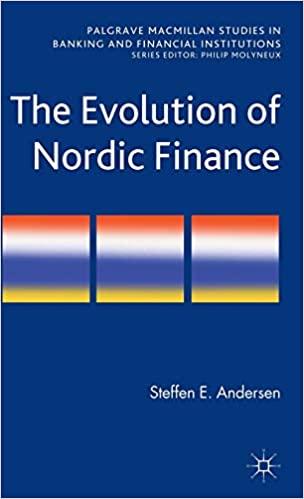Need help with this one experts!

MINI CASE A Job at Hillsdale Inc. you recently graduated from pany's employment paperwork, Shane defined contribution (DC) pension plan. A DC pension plan is a retirement plan offered by many companies. Such plans are tax-deferred savings vehi des meaning that any deposits you make into the plan are deducted from your current pre-tax income, so no cument taxes are paid on the money. For example, assume your salary will be $100.000 per year. If you con tribute $6,000 to the DC pension plan, you will pay taxes on only $44,000 in income. There are also no taxes paid on any capital gains or Income while you are invested in the plan, but you do pay taxes when you withdraw money at retirement. As is fairly common, the company also has a 5 percent match. This means that the company will match your contribution up to 5 percent of your salary, but you must contribute to get the match. The DC pension plan has several options for investments, most of which are mutual funds. A mutual fund is a portfolio of assets. When you purchase shares in a mutual fund, you are actually purchasing partial ownership of the fund's assets. The return of the fund is the weighted average of the return of the assets owned by the fund, minus any expenses. The largest expense is typically the management fee, paid to the fund manager The management fee is compensation for the manager, who makes all of the investment decisions for the fund. Hillsdale Inc. uses TD Canada Trust as its DC pension plan administrator. Here are the investment options offered for employees: Company Stock One option in the DC pension plan is stock in Hillsdale Inc. The company is currently privately held. However, when you interviewed with the owner, Kevin Cooper, he informed you the company stock was expected to go public in the next three to four years. Until then, a company stock price is simply set each year by the board of directors TD Canadian Index Fund This mutual fund tracks the S&P/TSX Composite. Stocks in the fund are weighted ex actly the same as the S&P/TSX Composite. This means the fund return is approximately the return on the S&P/ TSX Composite, minus expenses. Because an index fund purchases assets based on the composition of the index it is following, the fund manager is not required to research stocks and make investment decisions. The result is that the fund expenses are usually low. The TD Canadian Index Fund charges expenses of 0.88 percent of assets per year siness was taking off, you accepted a job offer. The first day on the job, while you are you felt the com finishing your Shillingford, who works in finance, stops by to inform you about the company TD Canadian Small-Cap Equity Fund This fund primarily invests in small-capitalization stocks. As such, the returns of the fund are more volatile. The fund can also invest 10 percent of its assets in companies based outside Canada. This fund charges 2.53 percent in expenses









